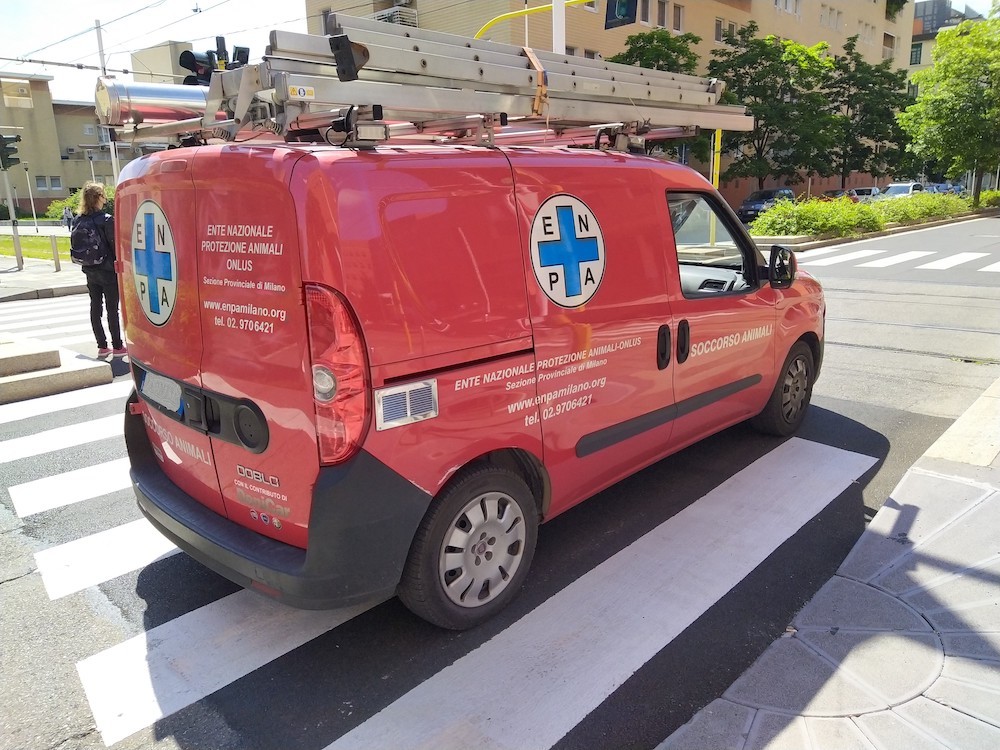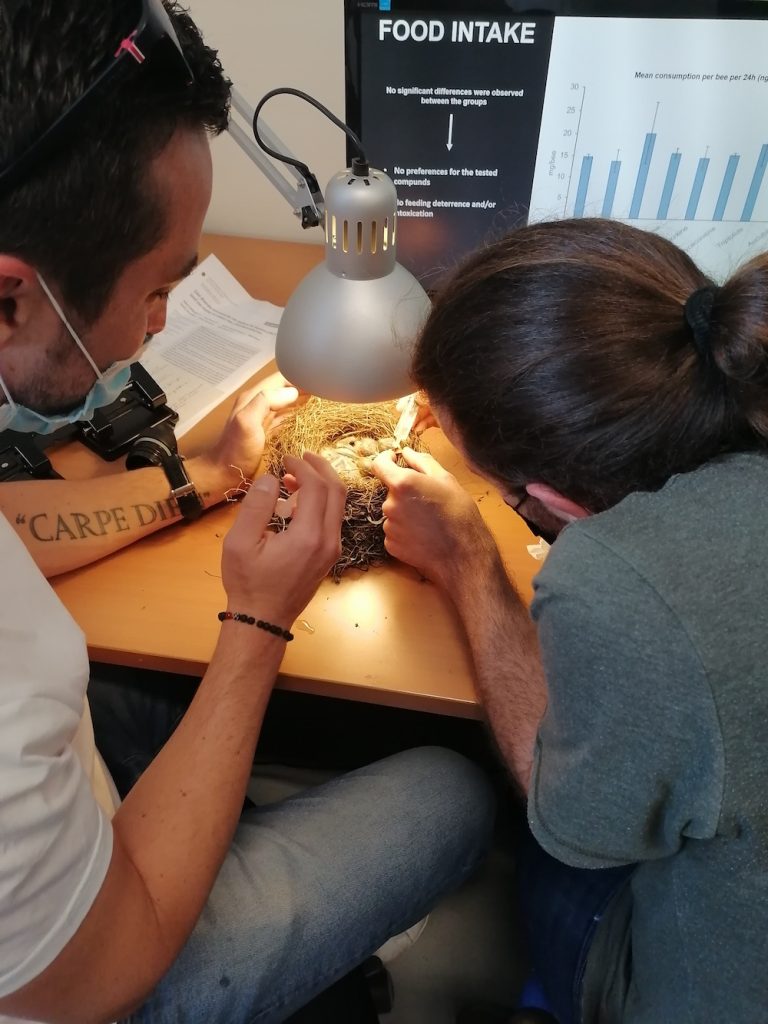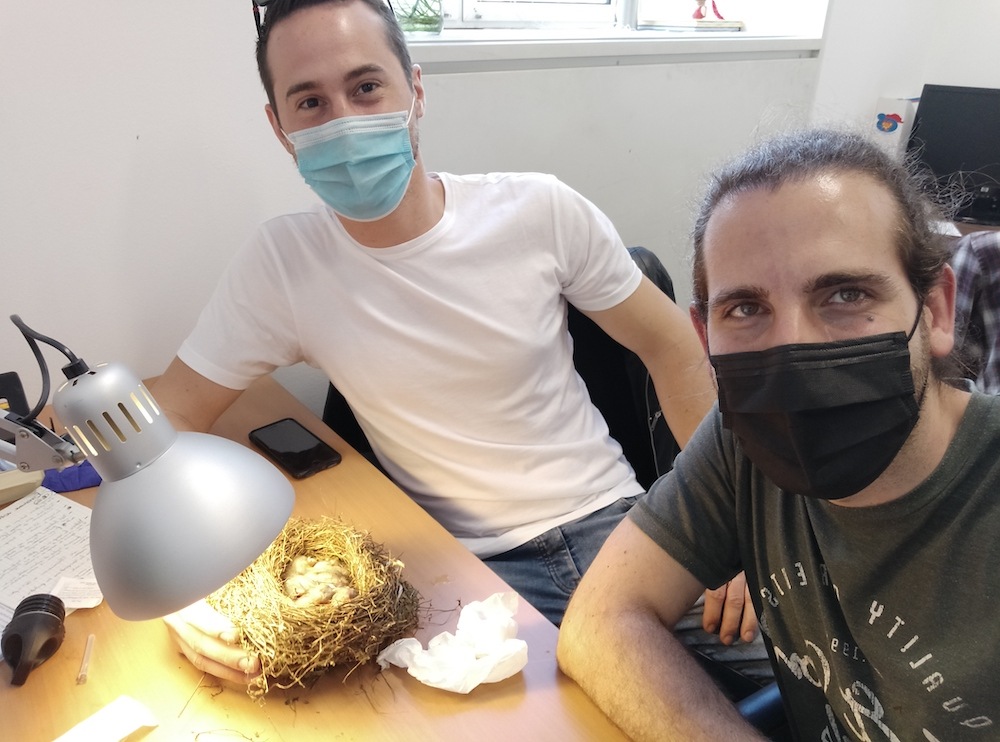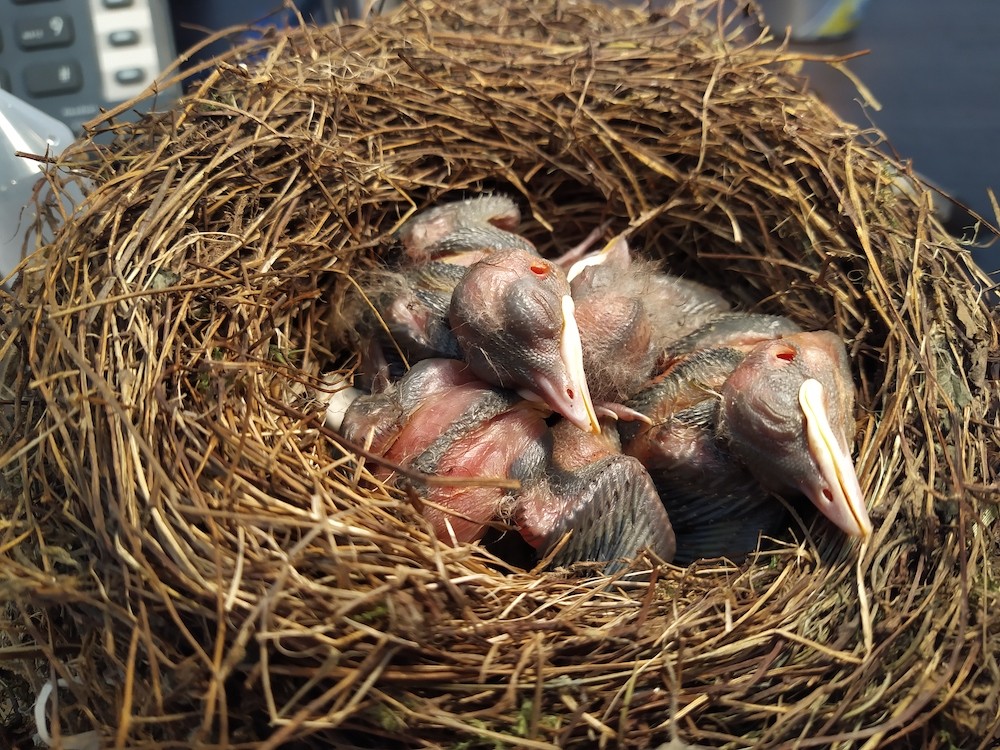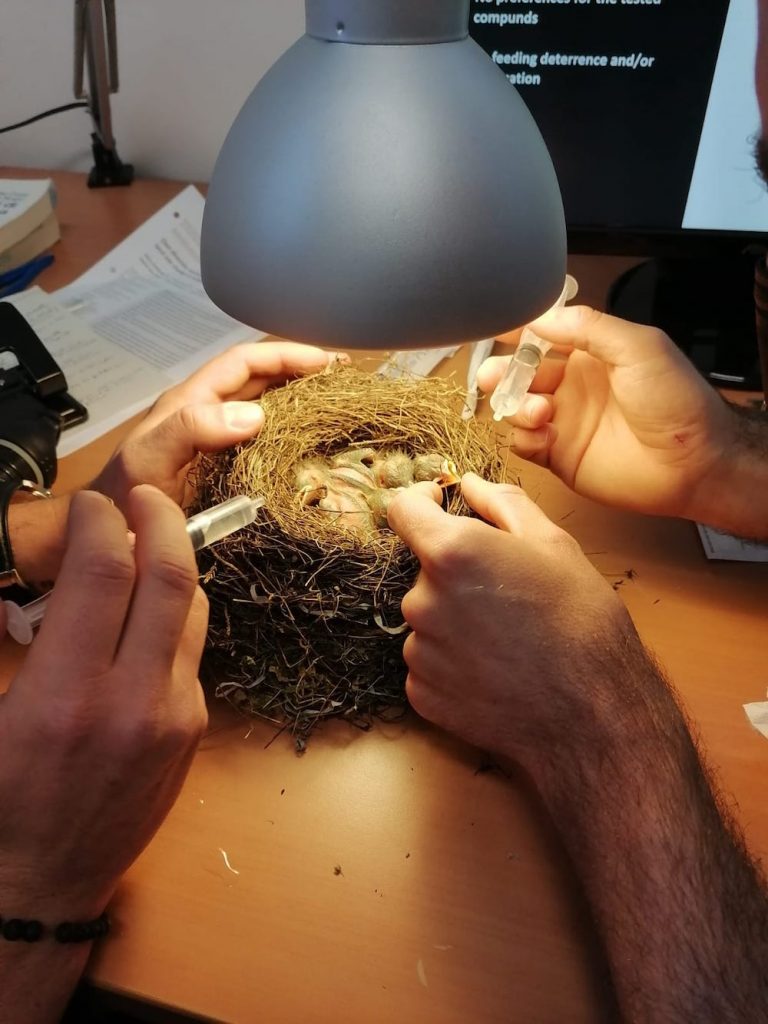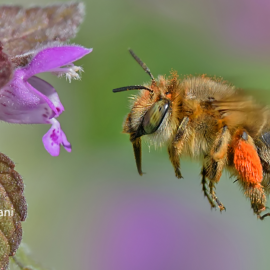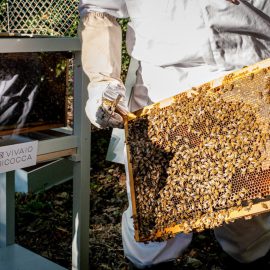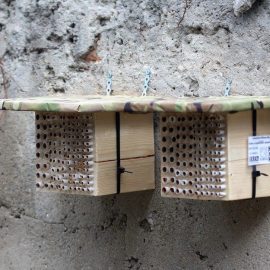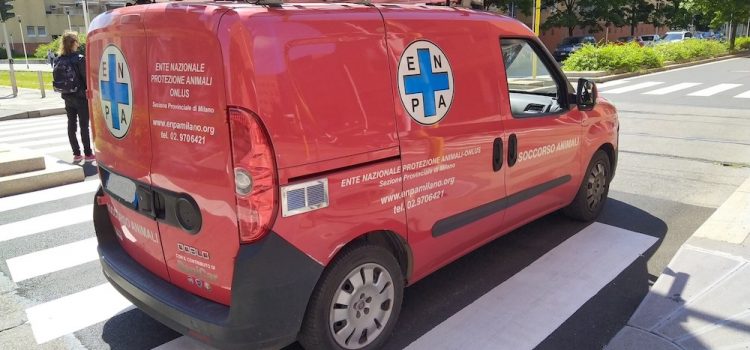
Rescuing young blackbirds
Urbanisation causes habitat degradation and this is one of the causes of the current biodiversity crisis, which scientists fear could represent the 'sixth mass extinction'. However, the urban environment offers a wide variety of habitats with different characteristics, which only appear to be poor in biodiversity. Some species have adapted over time to survive and thrive in anthropogenic conditions.
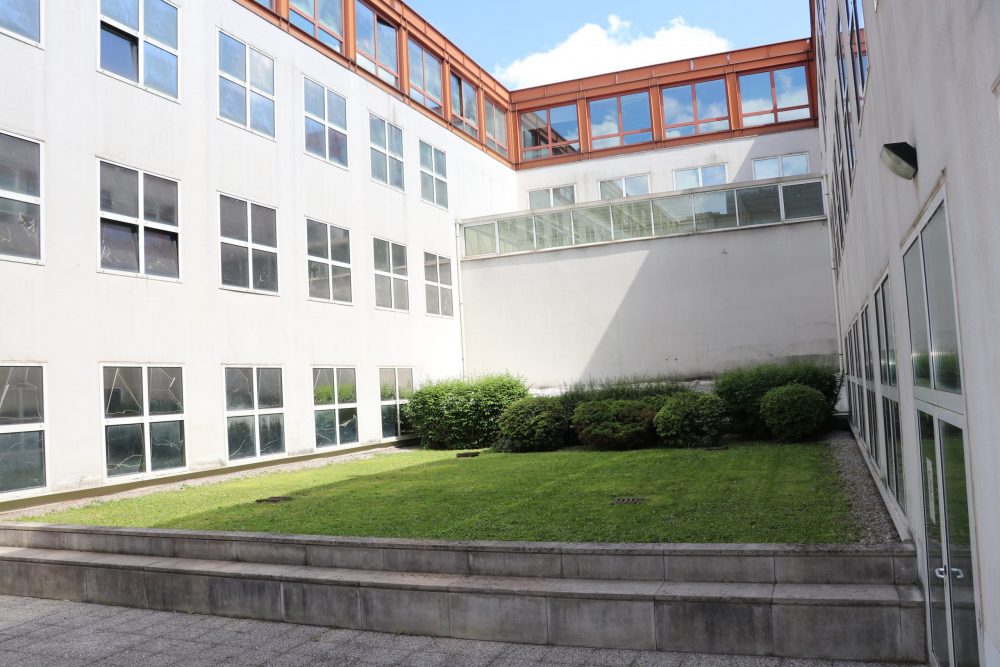
In the Milanese scenario, green areas and urban parks play a fundamental role in supporting biodiversity, hosting most of the trees and shrubs that provide nesting sites for many animal classes, including birds.
Speaking of avifauna, over a hundred resident and migratory species have been counted in the Milan area. One of the most common is the common blackbird (Turdus merula L.1758), a species that is widespread throughout Europe but not of little conservation importance. In fact, the blackbird is a very effective agent in maintaining the stability of ecosystems and their connectivity, operating some fundamental services. It feeds on insects (including pests of phytosanitary interest) during the spring-summer season and on fruits during the autumn and winter seasons, providing an efficient seed dispersal service.
Each of us can do something to safeguard biodiversity and animal welfare in urban environments. Rescuing animals in distress can be a meaningful gesture, but it is important to be aware of good practice. LIPU (Italian League for the Protection of Birds) offers some important guidelines to follow before handing over rescued animals to the care of experts.
Thanks to these guidelines and the previous experience of the Vivaio team, it was possible to save a brood of blackbirds in difficulty. After being abandoned for days by their mother due to the excessive disturbance created by maintenance work at the U7 building for the creation of gardens, the four chicks were rescued by the Vivaio’s PhD students.
After an initial hospitalisation, during which the chicks were rehydrated and fed by our PhD students involved in the Green Team, the chicks have regained their strength and have been entrusted to the staff of the ENPA (National Animal Protection Agency) who will guarantee them a controlled and safe environment to grow up before being released back into the wild.
